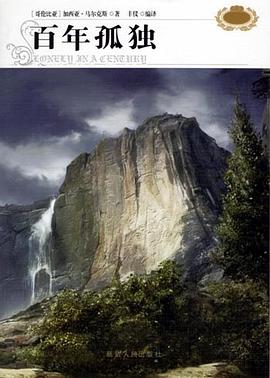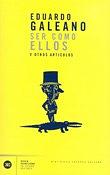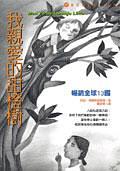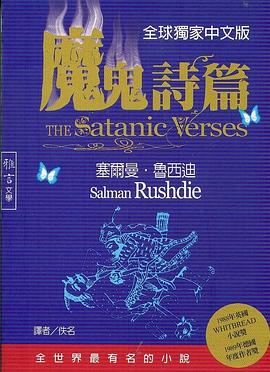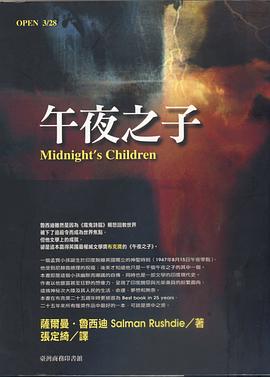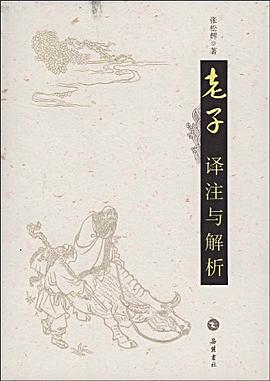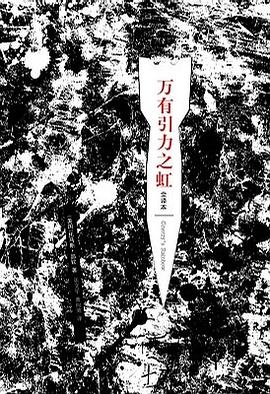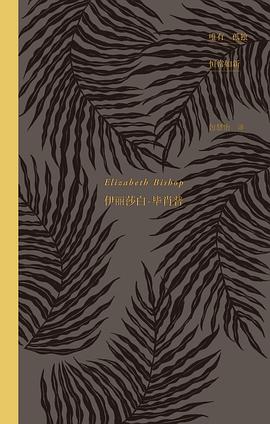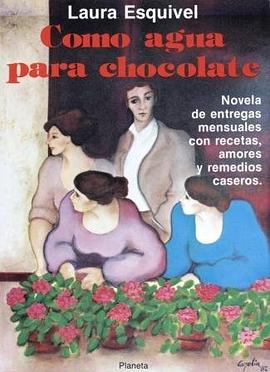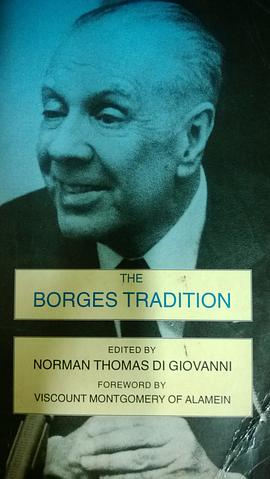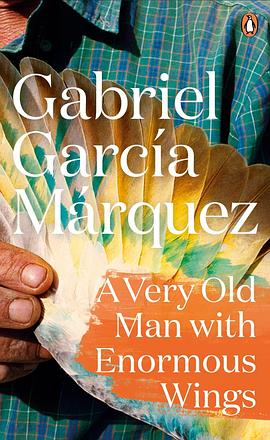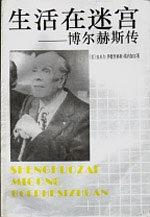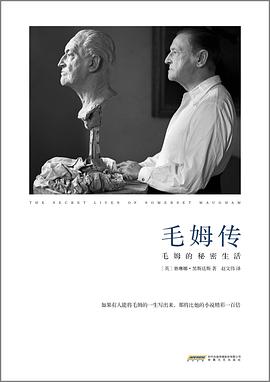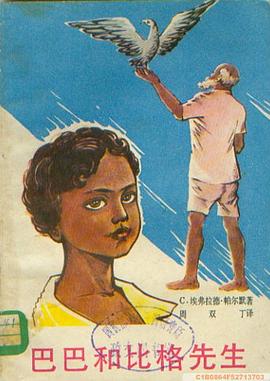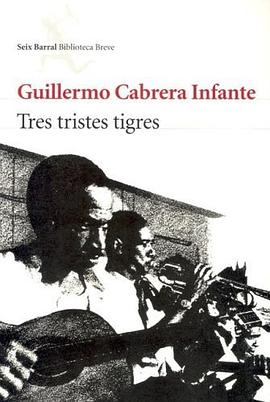

具体描述
The second volume of Asturias' Banana Republic trilogy carries on in the vein of gothicized propaganda initiated in Strong Wind (1969). Part One deals with the early days of the Tropical Banana Company (mightily resembling United Fruit) and its first scourging inroads into the land and economy. Part Two begins where Strong Wind left off at the death of Lester Mead whose will now ironically corrupts and divides his native legatees. The rather loose continuity of the two sections is established through the career of George Maker Thompson, a pirate and empire builder who calls himself the Green Pope; his personal life affords a darkly suggestive view of the emotional nexus of the two cultures. At the peak of his career Thompson retires, shaken by a grotesque error beyond redress or confession. He rises again only when warfare between commercial fiefdoms -- projected in a national boundary dispute -- threatens to undo his life's work. The narrative's mystifications and distractions (stinks, legends, irrelevant chat, primitive bloodied images) make an oddly unstable context for the impassioned politics and poster-paint characterizations. Asturias pushes to a near decadent extreme the intense stylizations of folk art -- perhaps what the 1967 Nobel Prize committee had in mind when they noted his ""volcanic vehemence."" In this case the effluvia is not lava but moonlight and spittle.
作者简介
Miguel Angel Asturias Rosales (October 19, 1899 – June 9, 1974) was a Nobel Prize-winning Guatemalan poet-diplomat, novelist, playwright and journalist. Asturias helped establish Latin American literature's contribution to mainstream Western culture, and at the same time drew attention to the importance of indigenous cultures, especially those of his native Guatemala.
Asturias was born and raised in Guatemala though he lived a significant part of his adult life abroad. He first lived in Paris in the 1920s where he studied ethnology. Some scholars view him as the first Latin American novelist to show how the study of anthropology and linguistics could affect the writing of literature. While in Paris, Asturias also associated with the Surrealist movement, and he is credited with introducing many features of modernist style into Latin American letters. In this way, he is an important precursor of the Latin American Boom of the 1960s and 1970s.
One of Asturias' most famous novels, El Señor Presidente, describes life under a ruthless dictator. Asturias' very public opposition to dictatorial rule led to him spending much of his later life in exile, both in South America and in Europe. The book that is sometimes described as his masterpiece, Hombres de maíz (Men of Maize), is a defense of Mayan culture and customs. Asturias combined his extensive knowledge of Mayan beliefs with his political convictions, channeling them into a life of commitment and solidarity. His work is often identified with the social and moral aspirations of the Guatemalan people.
After decades of exile and marginalization, Asturias finally received broad recognition in the 1960s. In 1966, he won the Soviet Union's Lenin Peace Prize. The following year he was awarded the Nobel Prize for Literature, only the second Latin American to receive this honor. Asturias spent his final years in Madrid, where he died at the age of 74. He is buried in the Père Lachaise Cemetery in Paris. (Wikipedia)
目录信息
读后感
评分
评分
评分
评分
用户评价
相关图书
本站所有内容均为互联网搜索引擎提供的公开搜索信息,本站不存储任何数据与内容,任何内容与数据均与本站无关,如有需要请联系相关搜索引擎包括但不限于百度,google,bing,sogou 等
© 2025 book.quotespace.org All Rights Reserved. 小美书屋 版权所有

